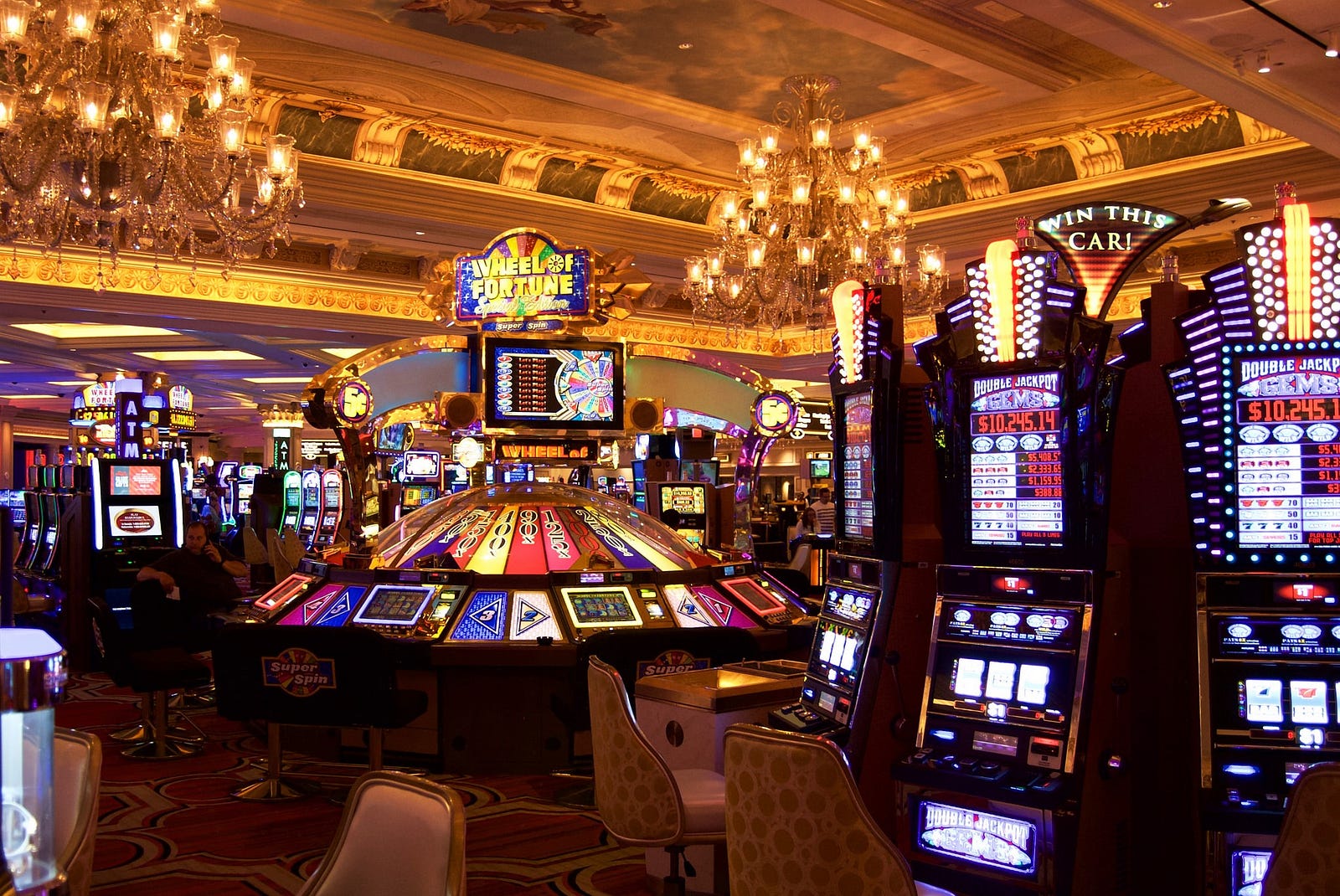
Casino games have long enthralled players from all walks of life, enticing them into vibrant casinos filled with the sounds of spinning wheels, clattering chips, and cheering crowds. The thrill of chance and the allure of potential winnings create an exhilarating atmosphere that keeps players returning for more. Whether it is the thrill of a slot machine, the strategic play of poker, or the anticipation of a roulette wheel, casino games offer a unique combination of entertainment and risk that can be hard to resist.
At the heart of this fascination lies a psychological pull that varies from person to person. For some, the excitement of hitting a jackpot can elevate their mood, while for many, it’s a social experience that brings friends together. The colorful visuals, engaging sounds, and sometimes lavish environments of casinos further enhance the appeal, making each visit an experience waiting to unfold. As we delve into why gamblers are drawn to these games, we uncover the deeper motivations and emotions that fuel their passion for the betting tables.
The Psychology of Gambling
The allure of casino games frequently derives from the complex psychology of gambling as a whole. Many players find appealing the thrill of risking money for the chance of winning more, as it connects with a innate human desire for thrill and gain. This rush can create a significant emotional experience. The combination of risk and potential monetary gain can activate a release of dopamine, making players feel alive.
Furthermore, the design of casino games is crafted to maintain players interested. The use of luminous lights, captivating sounds, and the social setting of casinos can enhance the excitement. Players frequently find themselves engulfed in these settings, where the anticipation of a win draws them back repeatedly. https://78win01.cfd/ This sensory overload encourages extended play, as the immediate feedback from wins, however small, reinforces the desire to continue gambling.
Finally, mental shortcuts play a significant role in gambling behavior. Many individuals fall prey to the misconception of control, believing they can affect outcomes even in games of luck. 78WIN This attitude can lead to overoptimism and the persistence of play, despite rising losses. Additionally, gamblers often recall their wins more vividly than their losses, which can skew their viewpoint and fuel the desire to gamble more. This intricate interplay between emotions and cognitive factors helps illustrate why so many are drawn to casino games.
The Appeal of Casino Settings
The environment of a gaming venue is distinctively enthralling, luring in bettors with its combination of thrill and suspense. The scenes and sounds of whirling slot machines, excited gamblers, and the rhythmic clatter of chips create an absorbing experience that is hard to ignore. The vibrant lights and dynamic design foster a sense of excitement that keeps players invested and invites them to remain for longer periods. This infectious setting contributes to the overall charm of casino games, enticing both new and seasoned players alike.
Furthermore, gambling venues are engineered to arouse the sensory experience in a way that makes visitors feel as though they are embarking on a thrilling expedition. The purposeful positioning of games, cozy chairs, and free snacks enhance the overall attraction, making visitors feel valued and treated well. Many gaming centers also feature decorative designs and lavish motifs that transport visitors to various realms, amplifying the buzz. Such atmospheres foster a feeling of liberation, allowing gamblers to ignore their mundane lives and plunge into the exhilarating realm of chance.
In conclusion, the aspect of additional players amplifies the interpersonal dimension of gaming, creating a collective excitement. Engagements among participants, whether through playful chitchat or mutual happiness during a significant victory, cultivate a sense of bonding that many find tempting. This communal connectivity enhances the journey of playing gaming games, transforming it from a solitary pursuit into a shared experience. The combination of thrill, captivating environments, and communal ties makes gaming venues an irresistible destination for players looking for recreation and a possibility to gain.
Understanding Game Dynamics
Casino games are designed with unique mechanics that draw in players. All games has its unique set of rules, wagering schemes, and probability ratios, allowing players to engage with the game on diverse levels. The thrill of making a bet and the anticipation of the outcome creates an thrilling atmosphere. Comprehending these mechanics can deepen a player’s appreciation for the game and elevate their overall experience.
Another crucial aspect of game mechanics is the principle of randomness. Many casino games, especially poker machines and table games, rely on randomizers or shuffling to determine outcomes. This randomness is what keeps players revisiting; the unpredictable nature of the game creates a sense of possibility and excitement. Knowing that each play or hand is independent of the last adds to the appeal, as players believe they have a chance at winning, regardless of past outcomes.
In conclusion, the emotional response tied to game mechanics should not be overlooked. The excitement of a large victory or the tension during pivotal moments are essential to the enjoyment of casino games. These emotional highs and lows utilize psychological triggers that keep players engaged for prolonged periods. Grasping these emotional responses to game mechanics can help explain why players are attracted to the thrill of casino games, persistently seeking that upcoming exhilarating moment.
